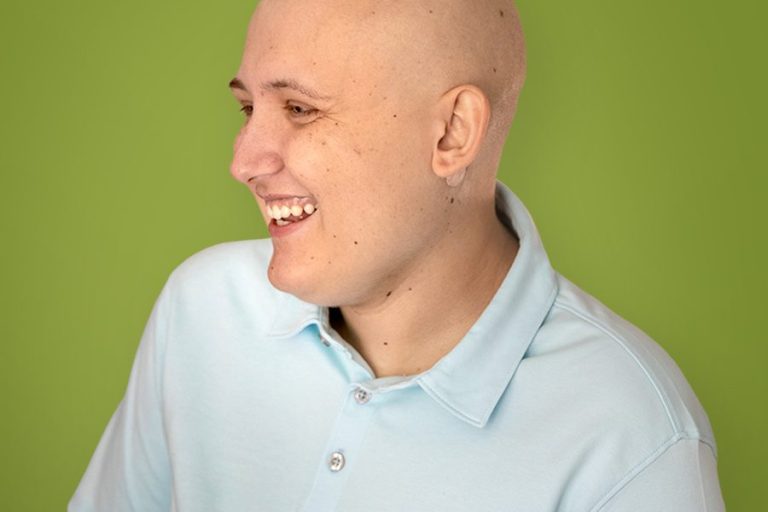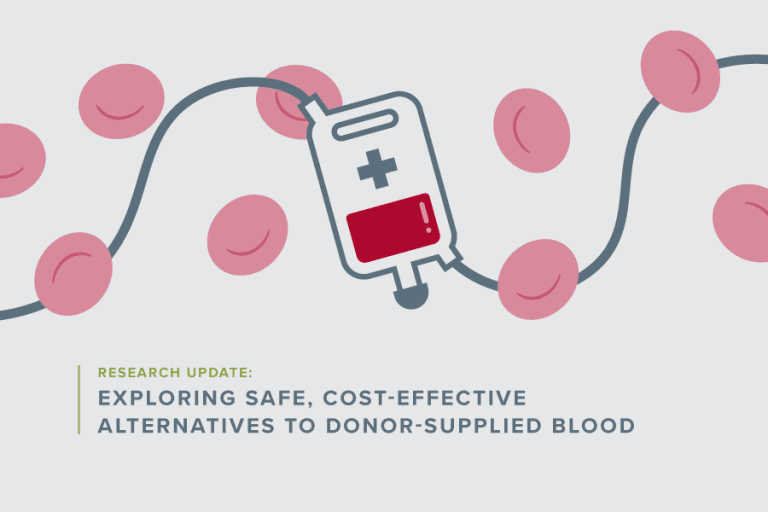This piece was originally posted on Jane’s blog, soothingthespirit.com.
When you have a child with cancer, social media can provide a wonderful lifeline of support. When Claire was sick I used Caring Bridge to communicate updates to the myriads of supportive people who were following her story throughout treatment. I know many have also used Facebook to do the same. Living with pediatric cancer can be isolating at times and it is a good feeling to be able to post progress, concerns, happy milestones and requests for prayers and good thoughts and receive immediate comments of love and support, reaffirming the fact that you are not alone.
But on the other hand, sometimes comments received through social media can be devastating. I would hope that most people really do want to be helpful but sometimes things are said out of ignorance which can potentially make the parents feel worse not better. I remember one time after I had written an entry about how challenging things were and how it was so hard to watch my daughter struggle and be in pain, an anonymous person left a comment telling me I should just be thankful that she was still alive and I didn’t have an empty place at my dinner table. I believe I had expressed how thankful I was that she was still alive, but that didn’t negate the suffering she was enduring.
And now that I have had an empty place at the dinner table for the over three years since Claire died, I still would never say to a parent who is watching their child fight cancer that they should just be thankful that they are still alive. It goes without saying that any parent whose child is fighting a life threatening disease is thankful every minute that their child is still breathing. But the cancer journey is still hard. Very hard. And painful. And scary. Scary because of the words we all dread to hear from the doctors…”I’m sorry, there’s nothing more we can do for your child.”
So when someone you care about is fighting this fight and hears those dreaded words, what should you say? What comments can you offer on their social media site that will provide the support they need at a time when nothing can make it better? And are there things that should not be said?
Unless you have experienced this kind of tragedy it may be difficult to know how to respond. Here are some practical things to consider which may assist those who want to be helpful but not hurtful. Let’s start with the things to avoid:
Do NOT offer Advice. Forget about suggesting the latest miracle cure fad such as cannabis oil, a special diet or something you heard about on the internet. Trust me, these parents have already turned over every possible stone to find a cure for their child. If a cure existed they would have found it and used it.
Do NOT resort to Platitudes. While some popular sayings may have meaning and truth for you, now is not the time to tell a parent who is about to witness the death of their child that “Everything happens for a reason,” or “This is God’s will,” or “At least their suffering will be over.” This is not to say, however, that they have given up or have stopped fighting for their child. I would imagine most parents hope for a miracle up until their child’s last breath. I know I did. But I also knew the reality that my daughter would not continue to live. I saw her decline. I saw her slip away from us slowly.
Do NOT sit in Judgement. Refrain from questioning any decisions the parents or family members have made. Parents in this situation second guess themselves enough. Worries about whether or not they did enough to save their child will haunt them the rest of their lives. The last thing they need at this time is to have others challenge their choices.
And on a positive note:
Show Compassion. Speak from the heart and share your sadness and depth of emotion that they are going through something so difficult. The harsh reality is that this is a situation that cannot be fixed, so suggesting possible solutions is not appropriate. But what can help is that they will know they are not alone because there are those who are willing to stand with them in their pain and sorrow and sadness and fear.
Express Concern. Tell them you are thinking about them or praying for them. But be sensitive to the cultural and spiritual beliefs and practices of the family going through this. If prayer is meaningful to them, offer to pray for them. If they are comforted by Scripture or religious writings, quote them. But if they are atheists, use non-religious terms. And if you are uncertain about their beliefs try to use neutral language and avoid quoting Bible verses because it might feel “preachy” to them instead of bringing them comfort. Be respectful of their beliefs and values, especially if they differ from your own.
Commend them for their conduct. Offer encouraging words of affirmation to let them know they are doing a good job as parents and you know they love their child more than anything. Acknowledge that you trust them to do what is best and validate their decisions as they are theirs to make. Parents and families facing this situation are most likely exhausted at this point – physically and emotionally. They need affirmation, encouragement and unconditional love.
Written by Jane Frick
Jane Frick is a Licensed Marriage and Family Therapist and Momcologist. Her youngest daughter Claire was diagnosed with Stage IV Alveolar Rhabdomyosarcoma in June 2010 at the age of sixteen. After enduring fourteen months of treatment followed by clear scans and then relapse, Claire passed away at home on March 1, 2012. Jane lives in Roseville, MN with her longtime, supportive boyfriend Dan and their two cats, Raja and Bill. She enjoys spending time with her adult children, Hannah, Ellen and Seth, as often as possible.
To contact Jane, feel free to send her an email at janefrick716@comcast.net. She is always happy to connect with others who have walked a similar path.
Share your story
Sharing your story is a powerful way to raise awareness for childhood cancer research.
Why support CCRF?
Our unique approach to funding research and support programs makes us the organization where your donation, big or small, will stretch as far as possible. Learn more about what we fund.



